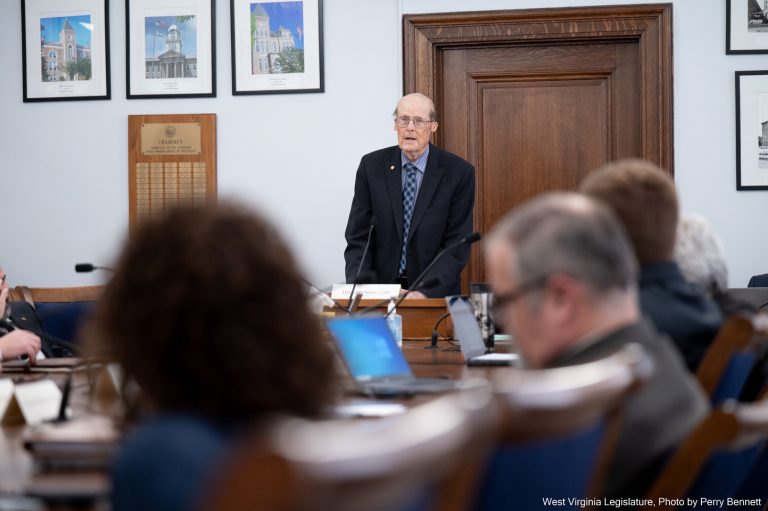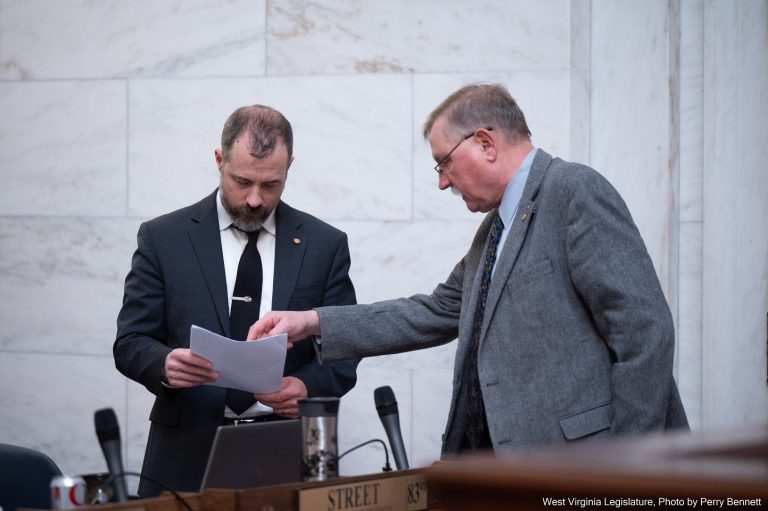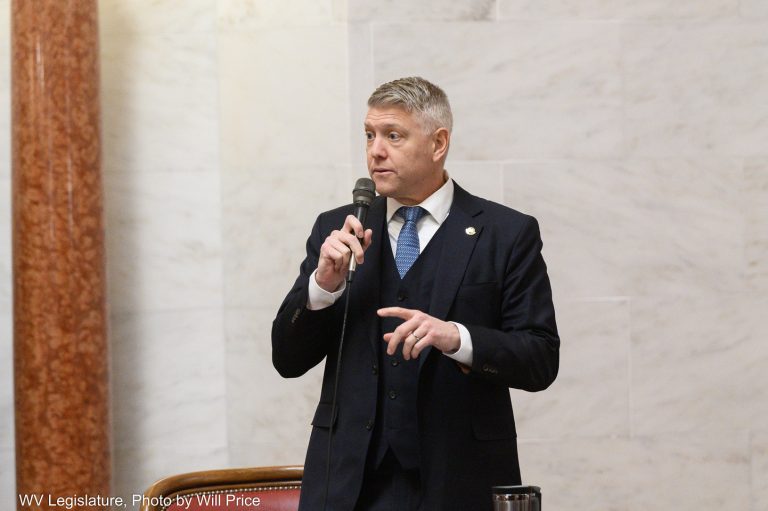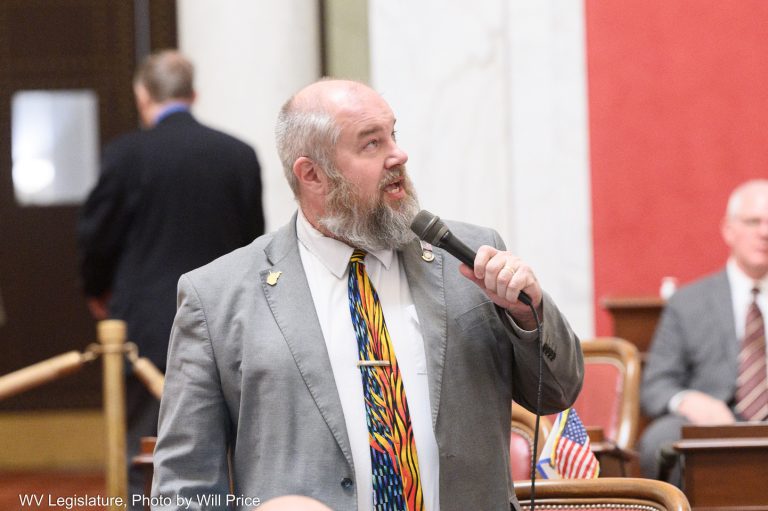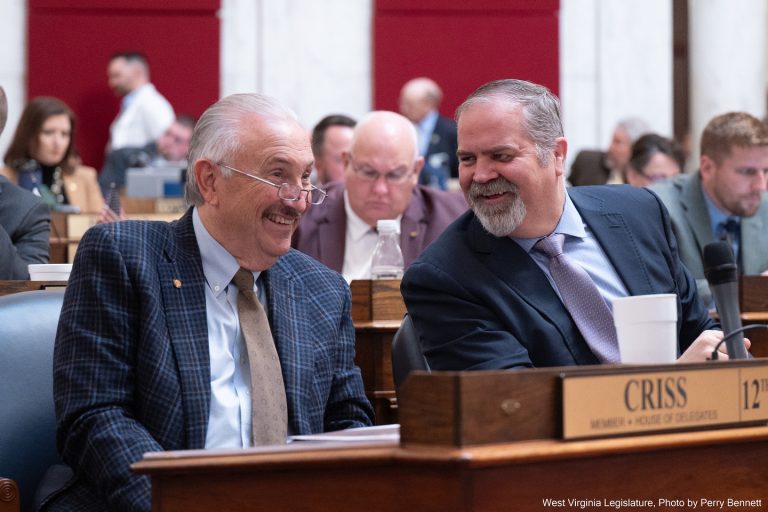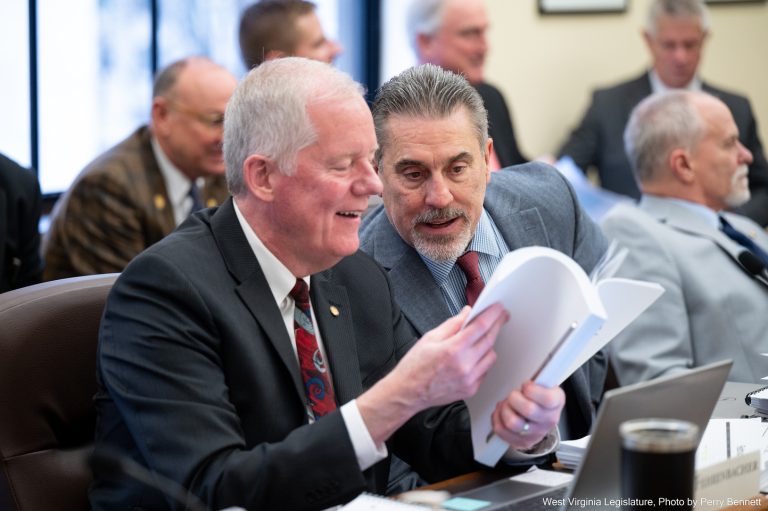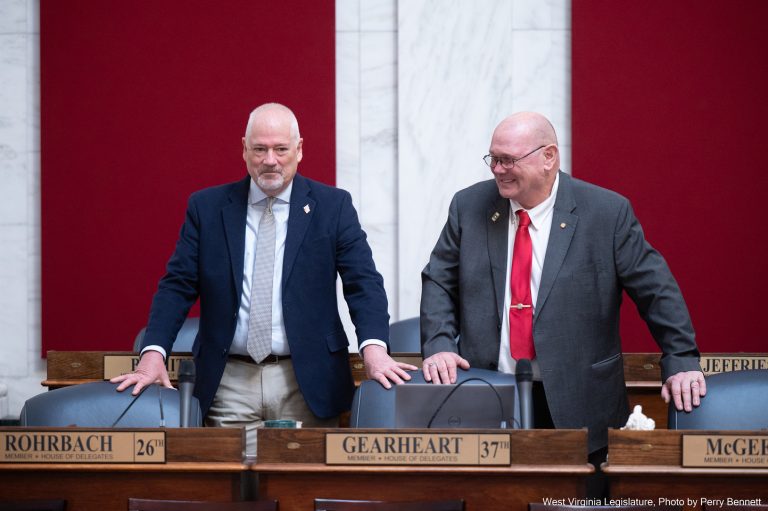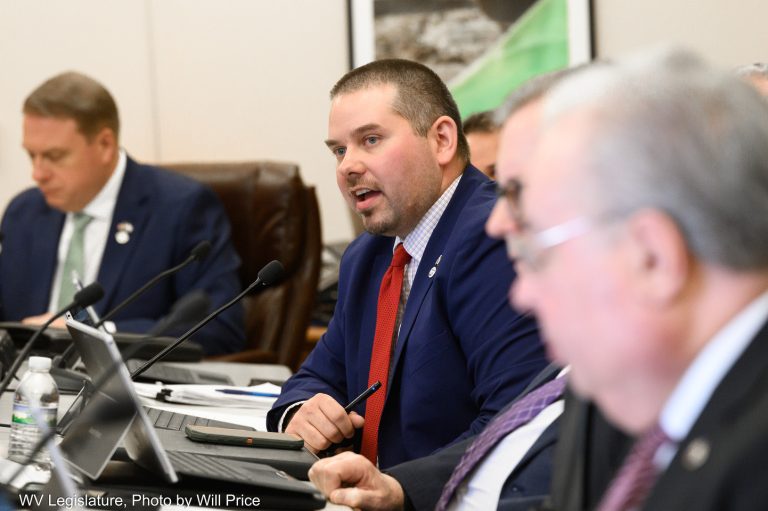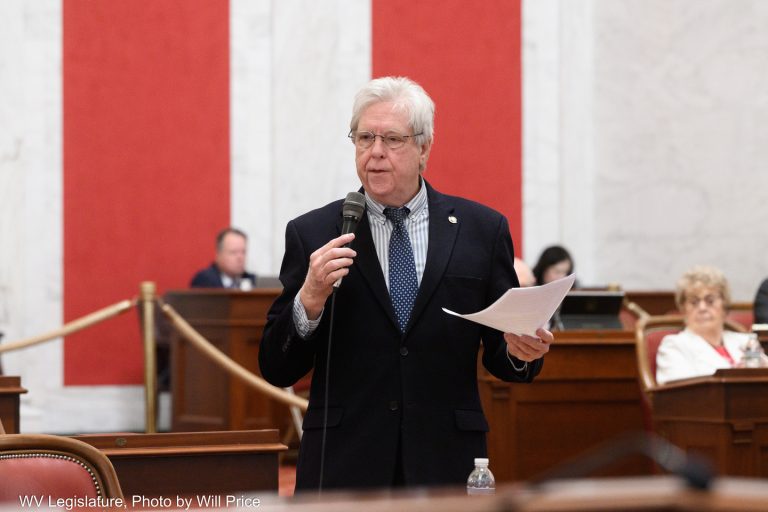The House Committee on Energy and Public Works met this afternoon and discussed the following.
House Bill 2065 provides for one free Gold Star Family license plate to a Gold Star parent. The bill moves to the markup phase.
House Bill 2344 defines maintenance vehicles. The bill adds that if a maintenance vehicle or a stationary vehicle is on the side of the road, one should move a lane over and slow down. The bill moves to the markup phase.
House Bill 2157 allows the purchases of special one-trip or one-way permits to be made online instead of only at the State Policy detachment.
House Bill 2392 allows broadband companies to get state permits when working in multiple districts to install fiber. The bill states permit fees will be based on project size.


